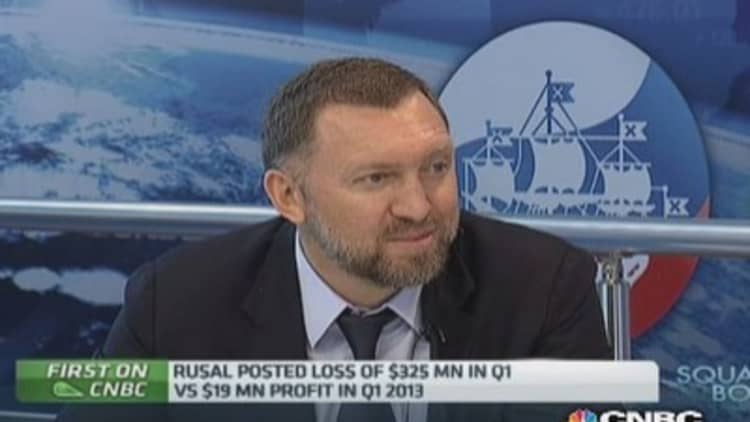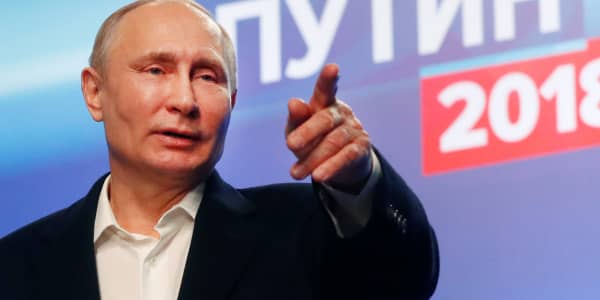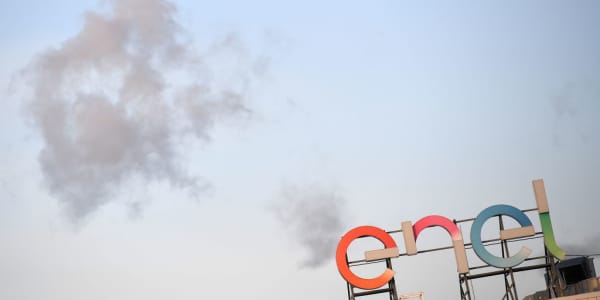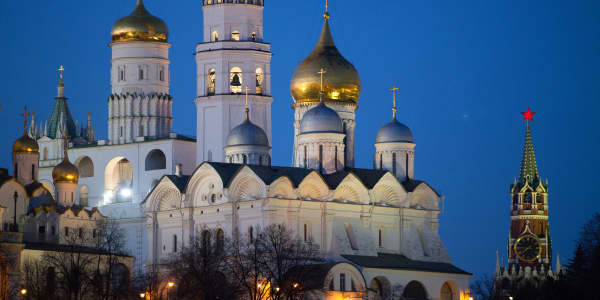
Access to the capital markets is a "key issue" for Russian businesses as Western lenders are increasingly shunning Russian deals, the chief executive of Russian aluminum group Rusal told CNBC.
Oleg Deripaska said the firm was in a "unique" position because only 27 percent of its debt is foreign, but for other Russian corporates, access and the cost of access will impact the strength of the country's economy moving forward.
Read MoreAlcoa CEO seeing biggest trade shift in '125 years'
"You have to understand that only 27 percent of our debt is foreign, it is structured debt and I think our creditors are happy," he said, speaking at the St. Petersburg Economic Forum.
Read MoreRusal 'in very good shape' on debt repayments: CFO
"But you are right - access to the debt market, not just access but cost of the capital for the Russian companies is a key issue in how will we move forward in our economy," he said.
When asked whether current lending conditions imposed on Russian companies from Western institutions had gotten too tight, Deripaska said "At this moment yes, but let's see how it develops."
Russian companies are facing tougher lending restrictions from western banks as sanctions against the country intensify. Lenders are now insisting that new loans to Russian firms that are not directly targeted by sanctions carry agreements forcing immediate repayment or default if sanctions affect those companies.
Read MoreJCDecaux: You need 'guts to invest' in Russia
The Russian company posted a loss of $325 million in the first quarter of 2014 compared with a profit of $19 million in the year-earlier period as aluminum prices fell to their lowest level in nearly five years. Revenue fell by almost 21 percent to $2.12 billion from the same period a year earlier.
Speaking to CNBC in April, the group said it was in "very good shape" and will be able to cope with its debt repayment schedule.
Deripaska said the group's Russian creditors VTB and were getting a "great return" from their agreements.
Read MoreIntel attends SPIEF despite US pressure
"It is a great return. They are very happy with us, it is a very low cost of doing business with us," he added.






